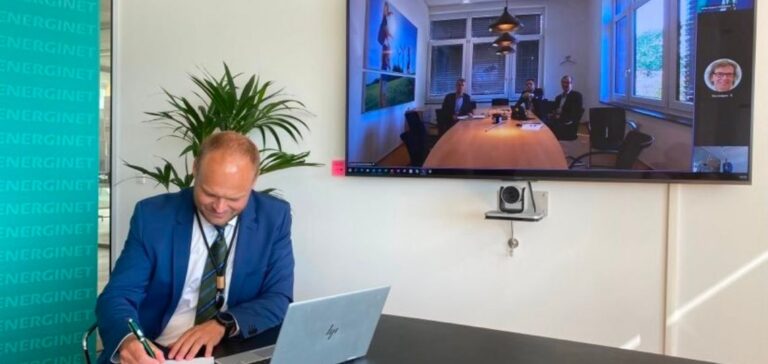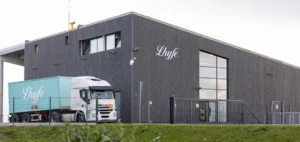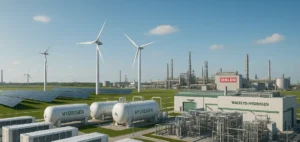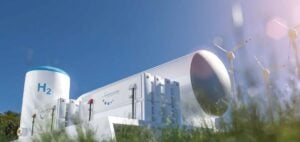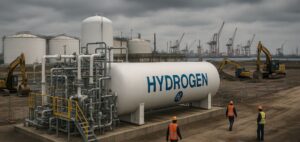Energinet and Gasunie collaborate to develop renewable hydrogen. This agreement is part of a broader context. In May 2022, Germany, Denmark, Belgium and the Netherlands signed the Esbjerg Declaration.
The aim is to turn the North Sea into a vast renewable energy hub. This would allow the signatory countries to reduce their dependence on oil and gas, especially Russian.
Developing renewable hydrogen in Europe
Renewable hydrogen is at the heart of the Esbjerg declaration. The countries have a common goal of providing at least 65 GW of offshore wind power by 2030. Then they want to increase this capacity to at least 150 GW by 2050.
The Danish and German governments have also concluded a letter of intent on further collaboration on renewable hydrogen. Notably in the study of a potential hydrogen export pipeline from Denmark to Germany.
In 2021, Energinet and Gasunie conducted a pre-feasibility technical and economic study. This showed that Denmark could potentially supply 10-25% of Germany’s future hydrogen demand through this pipeline.
Since then, ambitious political agreements on Power-to-X and the massive development of renewable energies have been reached in the Danish parliament.
Energinet has therefore launched a study to examine the feasibility of a “hydrogen backbone” in the western part of Denmark. Especially regarding the infrastructure for exports to Germany.
Energinet and Gasunie have a long and good cooperation. For decades, gas has been transported from one country to another. It is expected that a large part of the “hydrogen backbone” between the two countries will be based on the conversion of existing gas pipelines. Moreover, in both countries, the development of the regulatory framework is an ongoing process.
Energinet and Gasunie join forces for hydrogen
Accelerating the role of renewable hydrogen in the energy transition, the two companies have signed a memorandum of understanding. It includes a coordinated approach to network development planning based on the results of the pre-feasibility study.
Also, it is based on the latest market developments, both in terms of supply and demand.
Energinet and Gasunie will describe the critical decision points for making final investment decisions.
Energinet System Operator’s CEO, Søren Dupont Kristensen, states:
“The hydrogen infrastructure allows us to fully utilize and export some of Denmark’s vast renewable energy resources and meet the Esbjerg Declaration. At Energinet, we already sense a strong market interest in supplying the German hydrogen market with renewable hydrogen produced in Denmark – and the ambition is to achieve this before 2030. A lot has to fall into place before that, so I am very pleased that we are now committing to accelerate the preparatory efforts and thus support European energy security.”
For his part, the CEO of Gasunie Deutschland, Jens Schumann, comments:
“The strategic value of intensifying hydrogen cooperation between Denmark and Germany lies in the efficient and well-developed infrastructure that already connects the two neighboring countries. This gives us direct access to Danish sources of renewable hydrogen – without conversion to intermediate energy carriers like ammonia.”
Germany and Denmark want to confirm their energy transition by turning to renewable hydrogen.

